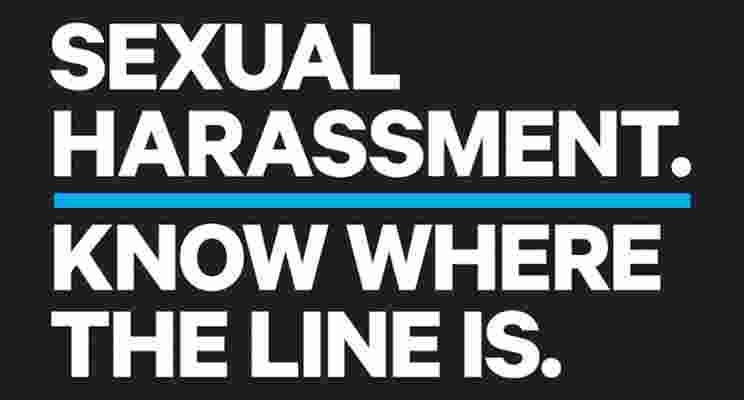Sexual harassment cases have risen among Nifty 50 companies with two-thirds of them disclosing a total 525 complaints in the year ended March, an increase of 26% over the previous year. Wipro tops the list with 111 cases, followed by ICICI Bank with 87 and Infosys with 62. Information technology and banking companies, which typically employ more women than others, constitute over 80% of the total.
This is the second year that companies have disclosed the data in their annual reports to comply with the Sexual Harassment of Women at Workplace (Prevention, Prohibition and Redressal) Act, 2013.
Higher numbers reported by companies can be a reflection of robust reporting systems put in place by them as prescribed by the law, thereby encouraging employees to report cases of harassment, experts said. Managements are also trying to sensitize employees as to what constitutes sexual harassment, something that’s fraught with cultural and societal taboos in a male-dominated society and therefore vastly under-reported.
In the Indian context, it is still not easy for women to complain about sexual harassment in India because of the social norms and stigma attached to it. It takes a lot of courage and conviction on the part of the female to come forward and report a case of sexual harassment.
The number of complaints doubled at TCS and State Bank of India. Tech Mahindra reported 26 cases in FY16, up from zero. IndusInd Bank saw cases rise threefold to 20 from six. Companies that reported zero cases stood at 15, down from 19.
An IndusInd spokesperson said the total number of cases in FY16 was 14 with complainants numbering 20.
“Of these 14 cases, five were either dismissed by the committee or were withdrawn by the complainants. The remaining nine cases have been investigated with utmost urgency and dealt with as per guidelines,” the bank said. “The bank has zero tolerance in these matters.”
Post the Act, there was a flurry of companies who took up the formation of internal complaints committees. There is a lot of action in training both the men and women in POSH (prevention of sexual harassment) to demystify the Act to employees at all levels. Companies are making it into e-learning modules, and often it is part of induction. As a result, the reporting of cases has gone up.
An estimated 20% of companies generally are still not complying with guidelines and that implementation remains a concern.
Cases reported include propositioning colleagues, harassing junior employees, seeking sexual favours as quid pro quo and creating a hostile work environment involving abusive and derogatory language.
Majority of the Big Corporates have complied with the POSH law. However, the small and medium organizations are either ignorant of the law or are reluctant to comply.
The Government should ensure strict enforcement of the POSH law. There should be an audit on how companies are resolving complaints. The sensitization levels of the employees should also be checked. The effectiveness of such sensitization is more important rather than just formality that such sessions have been conducted. Instead of taking the easy route of e-learning modules on POSH, it is always better to have in-person training on the subject so that people can understand the various aspects of the matter and work on their behaviour with each other.
Corporates should understand that by ignoring the law they are inviting trouble for the very existence of their business. Any complaint of Sexual harassment, when made public, tarnishes / destroys the goodwill of the Company.
It is pertinent to note that the POSH law itself prescribes a punishment that may be 'cancellation of business license' in case of continued non-compliance with the law.
The Companies should view the cost of complying with the POSH law as an investment in building a positive and harassment free work culture that will pay rich dividend to them in the long run.









